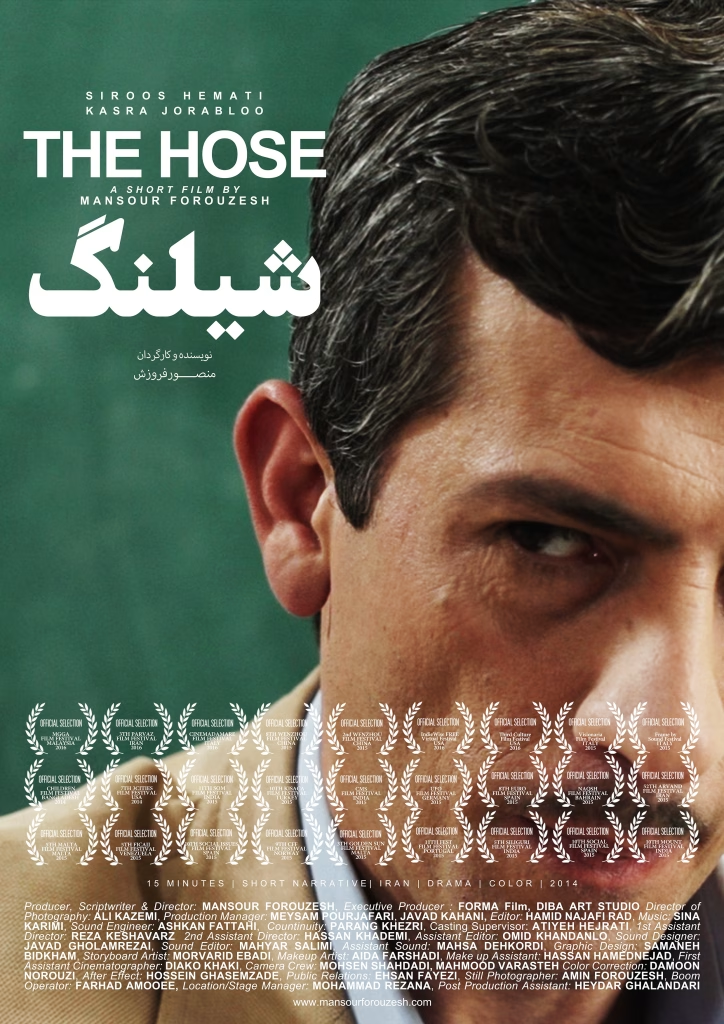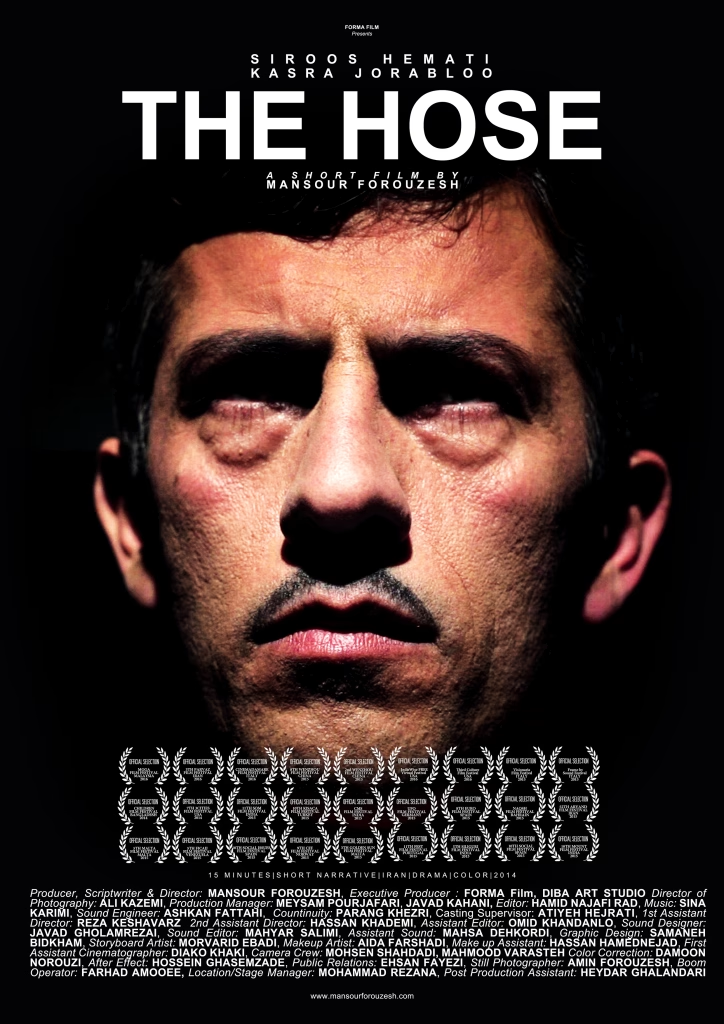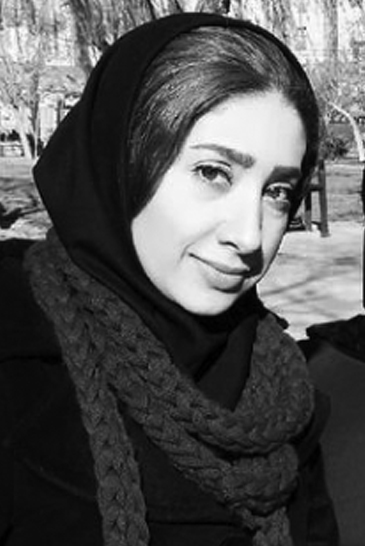⏱15 minutes|🎬Short Narrative|🚩Iran|🖺 Drama|🎞Color
⏱15 minutes|🎬Short Narrative|🚩Iran|🖺 Drama|🎞Color
A film by Mansour Forouzesh
Mr. Nobari, a primary school teacher, is determined to transform his students’ performance and surpass the rival girls’ school. After years of relying on strict discipline, he is ready to test a new teaching method. Today marks the first day of his experiment.
Mr. Nobari has devoted his career to achieving top results for his primary school students. Over the years, he has experimented with different teaching techniques, though his most consistent approach has been the use of corporal punishment.
After much reflection and study, Mr. Nobari has decided
to abandon this method in favor of a more progressive and compassionate approach. Among his students is Shalbaf, a quiet boy who struggles with speech and usually responds to questions by writing on the blackboard or gesturing with his fingers.
On this particular day, Mr. Nobari selects Shalbaf as the first student to experience his new teaching method. He encourages the boy to speak and use his voice to answer questions, hoping to awaken confidence and communication through patience rather than fear. Despite the teacher’s best intentions—and the student’s sincere effort—the outcome challenges Mr. Nobari’s expectations, revealing that true change in teaching may not come easily.

In everyday life, our interactions are shaped by the roles and labels society assigns us—teacher and student, authority and subordinate. These identities often seem fixed, implying a one-way transfer of knowledge. Yet beneath them lies a more intricate exchange, where power, vulnerability, and understanding continually shift.
The Hose explores this subtle transformation within the space of a classroom. What begins as a teacher’s attempt to reform his methods gradually exposes the fragility of authority itself. Mr. Nobari’s effort to replace punishment with encouragement becomes a mirror for self-recognition: the realization that learning cannot be imposed, and that genuine understanding often emerges from empathy rather than control.
Through the quiet interaction between Mr. Nobari and Shalbaf, the film questions the very foundation of educational hierarchy. It suggests that teaching and learning are not opposites but shared acts of discovery, where the teacher too becomes a student.
Visually, The Hose embraces a minimalist and realist aesthetic—favoring natural performances, silence, and restrained framing—to evoke authenticity and emotional truth. In the end, the film reflects on how moments of human connection can transcend systems of authority, allowing transformation to occur in the most ordinary spaces.

The Hose is a 14-minute short film created through the collaboration of a young and ambitious Iranian filmmaking team. It tells the story of a teacher’s struggle to reform his classroom methods and his encounter with a student who quietly transforms his understanding of education and empathy.
The film features the celebrated Iranian actor Sirus Hemmati, whose dual experience as both a professional actor and a real-life teacher brought

exceptional authenticity to the role of Mr. Nobari. His background allowed the classroom scenes to unfold with natural rhythm and genuine interaction, as if the students were participating in an ordinary school day rather than a film production.
Working with a large group of non-professional child actors presented unique challenges. The students, selected from over 200 applicants, had no prior experience in front of the camera. Since many of them

recognized Sirus Hemmati from television, maintaining focus during filming required careful direction and patience. By blending cinematic storytelling with the real dynamics of a classroom, The Hose captures the fragile balance between authority and compassion, control and understanding. Inspired by a true event that occurred in an Iranian primary school, the film transforms a simple classroom encounter into a reflection on education, discipline, and the possibility of change.



Ali Kazemi
DOP

Ashkan Fattahi
Sound

Hamid Najafirad
Editor

Javad Gholamrezai
Sound designer

Sina Karimi
Composer

Ida Farshadi
Make Up

Atiye Hejrati
Casting